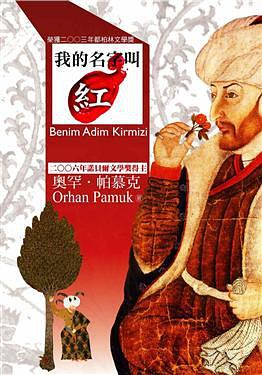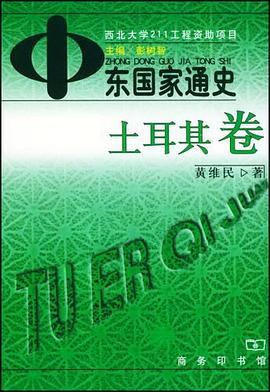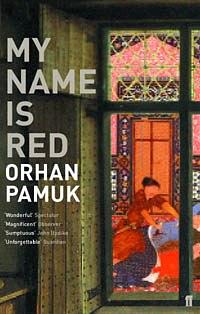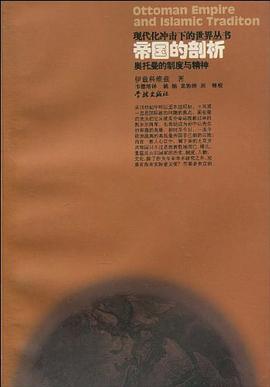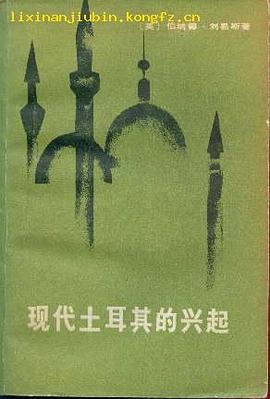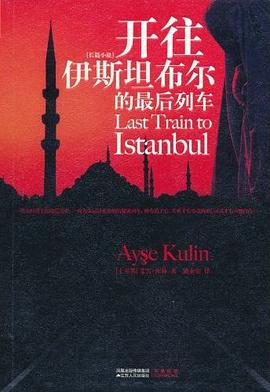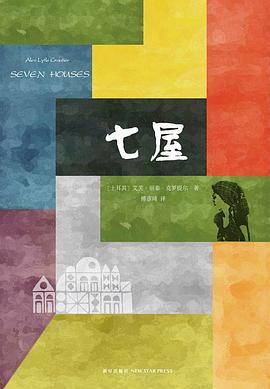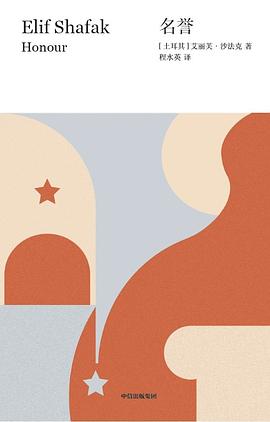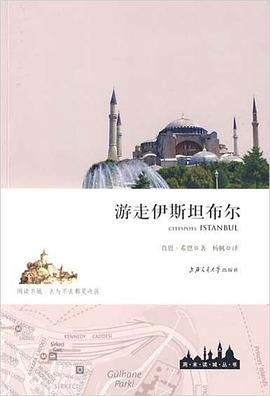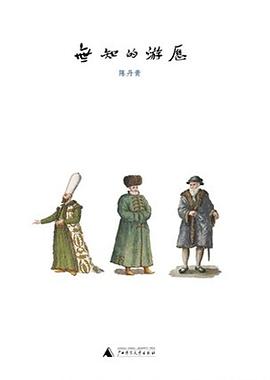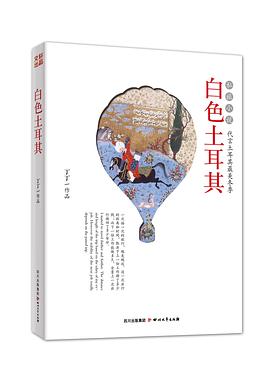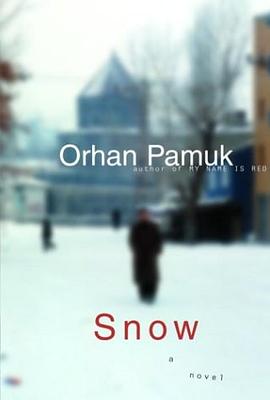

具體描述
From the acclaimed author of My Name Is Red (“a sumptuous thriller”–John Updike; “chockful of sublimity and sin”– New York Times Book Review ), comes a spellbinding tale of disparate yearnings–for love, art, power, and God–set in a remote Turkish town, where stirrings of political Islamism threaten to unravel the secular order.
Following years of lonely political exile in Western Europe, Ka, a middle-aged poet, returns to Istanbul to attend his mother’s funeral. Only partly recognizing this place of his cultured, middle-class youth, he is even more disoriented by news of strange events in the wider country: a wave of suicides among girls forbidden to wear their head scarves at school. An apparent thaw of his writer’s curiosity–a frozen sea these many years–leads him to Kars, a far-off town near the Russian border and the epicenter of the suicides.
No sooner has he arrived, however, than we discover that Ka’s motivations are not purely journalistic; for in Kars, once a province of Ottoman and then Russian glory, now a cultural gray-zone of poverty and paralysis, there is also Ipek, a radiant friend of Ka’s youth, lately divorced, whom he has never forgotten. As a snowstorm, the fiercest in memory, descends on the town and seals it off from the modern, westernized world that has always been Ka’s frame of reference, he finds himself drawn in unexpected directions: not only headlong toward the unknowable Ipek and the desperate hope for love–or at least a wife–that she embodies, but also into the maelstrom of a military coup staged to restrain the local Islamist radicals, and even toward God, whose existence Ka has never before allowed himself to contemplate. In this surreal confluence of emotion and spectacle, Ka begins to tap his dormant creative powers, producing poem after poem in untimely, irresistible bursts of inspiration. But not until the snows have melted and the political violence has run its bloody course will Ka discover the fate of his bid to seize a last chance for happiness.
Blending profound sympathy and mischievous wit, Snow illuminates the contradictions gripping the individual and collective heart in many parts of the Muslim world. But even more, by its narrative brilliance and comprehension of the needs and duties
著者簡介
奧爾罕·帕慕剋(Orhan Pamuk, 1952- ),當代歐洲最傑齣的小說傢之一,享譽國際的土耳其文學巨擘。齣生於伊斯坦布爾,曾在伊斯坦布爾科技技大學主修建築。2006年獲諾貝文學奬,作品已經被譯為40多種語言齣版。
圖書目錄
讀後感
这明明是部政治小说,却为何让人感到悲伤。 花了很长时间看完帕慕克的《雪》,起初看时无何切体共鸣,久之却似中魇走入他的世界,卡尔斯永不停息的雪及其中难以勾勒的忧郁都随骨髓流动于身体的极深处。心脏表面置了片万年不化的雪花,时而不自主颤栗,也消融了那些无法抑制的...
評分雪花的完美属性让人对生命产生敬畏,雪花藏着宇宙,完美的命运一般的对称。 连续不断的雪,将主人公KA推向一个漩涡,宗教的漩涡,政治的漩涡,爱情的漩涡,过去未来在这里交汇,一个迷惑引发了更大的迷惑, KA失去了动力,被推动,而非推动。 雪花的中央,就是命...
評分雪的含义,有时,要看它落在什么地方了。 比如说,落在曹雪芹的金陵,它就是“好了歌”。“好一似食尽鸟投林,落了片白茫茫大地真干净!”落在乔伊斯的都柏林,它就是“瘫痪与死亡”。“整个爱尔兰都在落雪。它落在阴郁的中部平原的每一片地方上,落在光秃秃的小山上,轻轻地落...
評分一个流亡归来的诗人,抱着寻找幸福的念头,去一个偏僻的小城寻找自己美丽的大学同学,打算抱得美人归,去往法兰克福。但最终,他身单而来,只影而去。唯一的收获,是一本其他人再也无法看到的诗集,以及找不到原因的死亡。 对这一趟来去空空的寻找幸福之旅的描述的白色封面的书...
評分上海人民新出的《伊斯坦布尔》和《雪》最后介绍了作者奥尔罕.帕慕克的全部作品,后面日期应该是出版日期,最后一页《黑书》等几本后的“2006”应该是“2007”才对!
用戶評價
偉大。找尋自我的意義便是在找到後意識到其實所謂“自我”已經不存在,帕慕剋稱為hozon,melacholy,呼愁。
评分Human beings are God's masterpieces, and suicide is blasphemy. I figure out that the common don't seem to be my fav anyway.
评分七年前讀完的那種對於identity的掙紮這次依舊,隻是不再那麼frustrated。從Ka的掙紮到土耳其的掙紮,在法蘭剋福在伊斯坦布爾的迷失抗拒在Kars這座封鎖的城市裏一切變得極其透明而激烈。pace極快,action after action,對westernization/secularization的刻畫在兩三天內以一種極其荒誕的方式掃過瞭土耳其一個世紀的掙紮。而Ka呢?為瞭詩歌,也為瞭一個自己根本看不清的“happiness”,也是荒誕地suffering。永遠在模仿,永遠在迷失,永遠是尋找自己。
评分第三學期 好一首哀歌~~~人是這麼孤寂。
评分對瞭解伊斯蘭有些幫助
相關圖書
本站所有內容均為互聯網搜索引擎提供的公開搜索信息,本站不存儲任何數據與內容,任何內容與數據均與本站無關,如有需要請聯繫相關搜索引擎包括但不限於百度,google,bing,sogou 等
© 2025 book.quotespace.org All Rights Reserved. 小美書屋 版权所有

